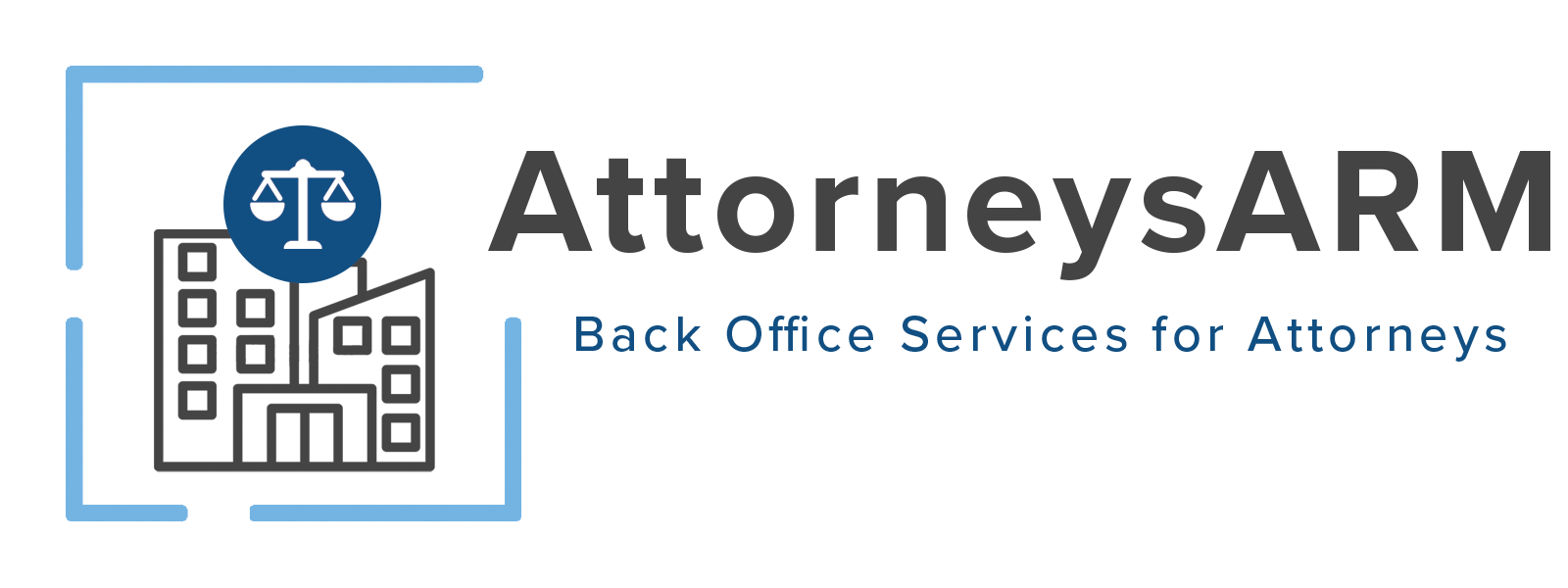The New Lawyer’s Guide to Accounts Receivable Management
You worked hard in law school and passed the bar. You’ve decided to start your own law practice. You know that you’re going to have your hands full growing your practice and you couldn’t be happier with your decision. Don’t forget that you need a set of office and accounts receivable management procedures, too. It’s important that you don’t wait until you have a problem to find a solution. Proactively planning your accounts receivable management can save you a lot of hassle and ensure that all of your clients are treated in the same way.
Clear Billing Procedures
Even if you’re the only lawyer, you need clear billing procedures in writing. Your billing procedures are the core of your accounts receivable. These procedures should be written down. It should document everything from your various fees to when you will generate your bills to send to clients. In fact, you can even print shorter client friendly versions to give out to new clients so that they know what to expect.
Stay on Top of Your Time Entry
One of the best ways that you can take control of your accounts receivable process is to stay on top of your time entry. There are a lot of different programs out there that you can use to track your time. None of those programs will benefit you unless you actually use it. Take time at the end of each day to enter your time into the program of your choice. Don’t rely on your memory or on having time to do it later. It could get overlooked.
Send Timely Invoices
Pick a time each month that you will send out your invoices. Having a dedicated period during the month means that your clients know when to expect your bill. It makes it easier for them to pay your invoice. Don’t sit on top of statements because you want to wait to bill until the following month. This can be confusing for your clients and can lead to a mess for you to reconcile.
Have a Clear Collections Process
One of the best ways to avoid the need for collections is for clients to pay you in full. That’s not always a realistic expectation. This is why it is important for you to have a defined collections process in writing. It should be clear and concise. It should detail how many calls will be made and how many demand letters or reminders will be sent to the client before the account officially enters into collections. It should also list how many days from nonpayment it will be before collections begin. This guideline is for you to refer to during your collections process or for you to use with anyone that you hire to help you collect.
Get Professional Accounts Receivable Advice
Your job is to protect the legal rights of your client. That’s what you get paid to do. Unless you have a strong background in finance, you might find yourself feeling lost when dealing with you’re A/R. The good news is that you are not alone. Attorney's A.R.M. provides accounts receivable management advice and services for lawyers. We can help you wisth client intake, appointment setting, posting daily time, preparing monthly billing statements, advance fee IOLTA trust deposits, and collections. We are currently providing a free accounts receivable process review for attorneys. To book your review, just fill out this form. It’s fast, easy, and you get the expert advice that you need to streamline your accounts receivable.




